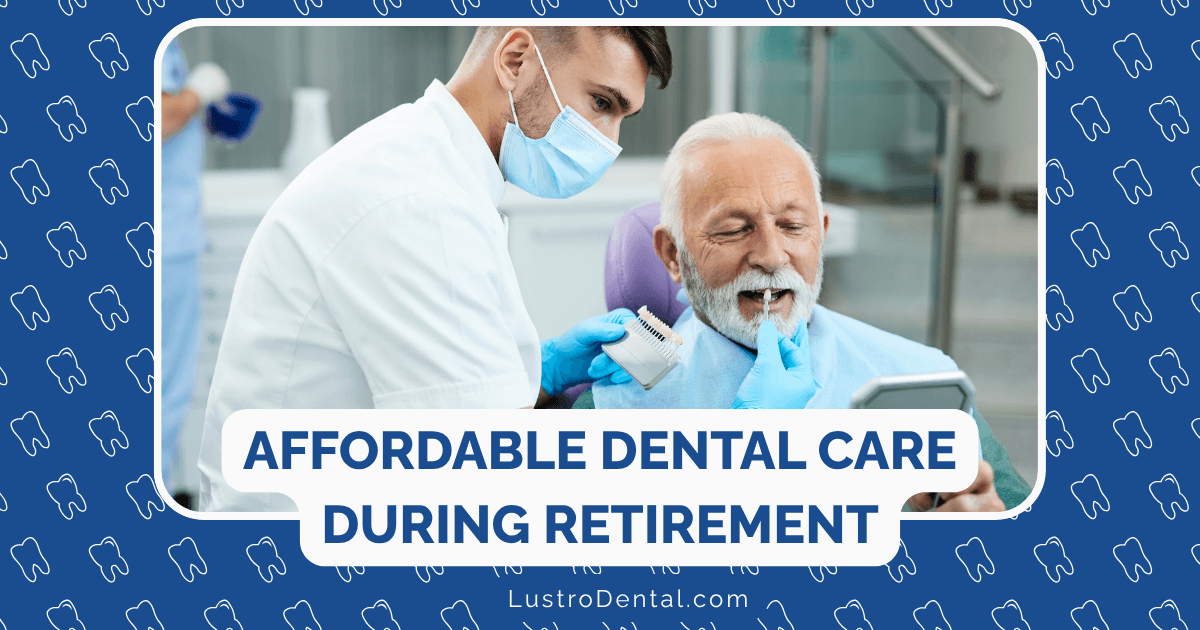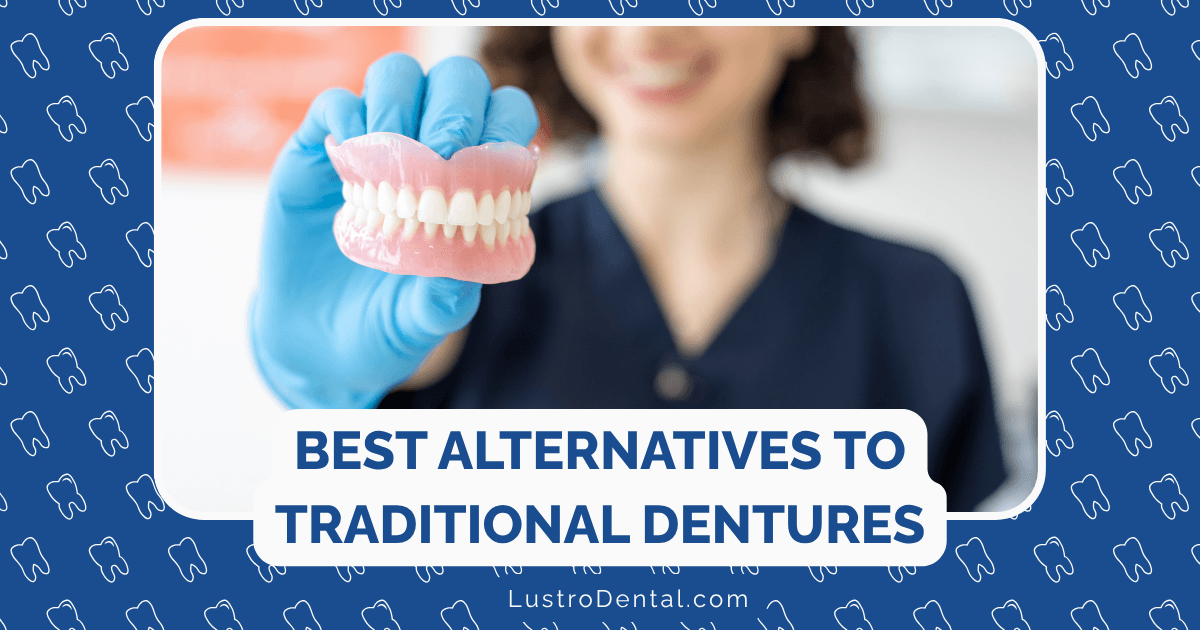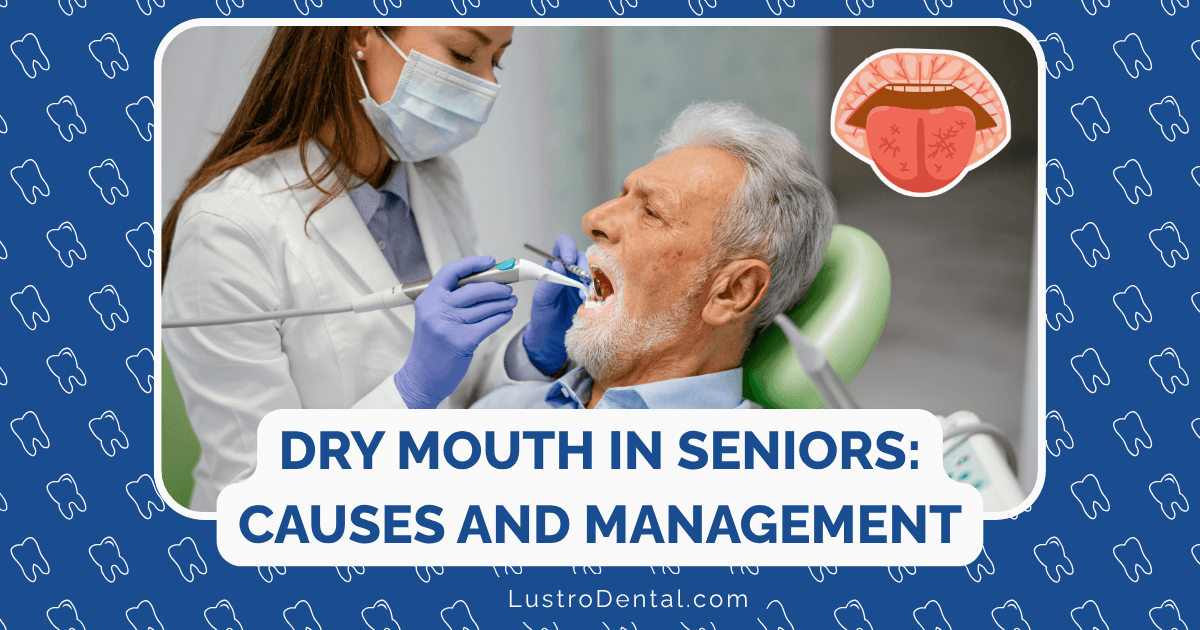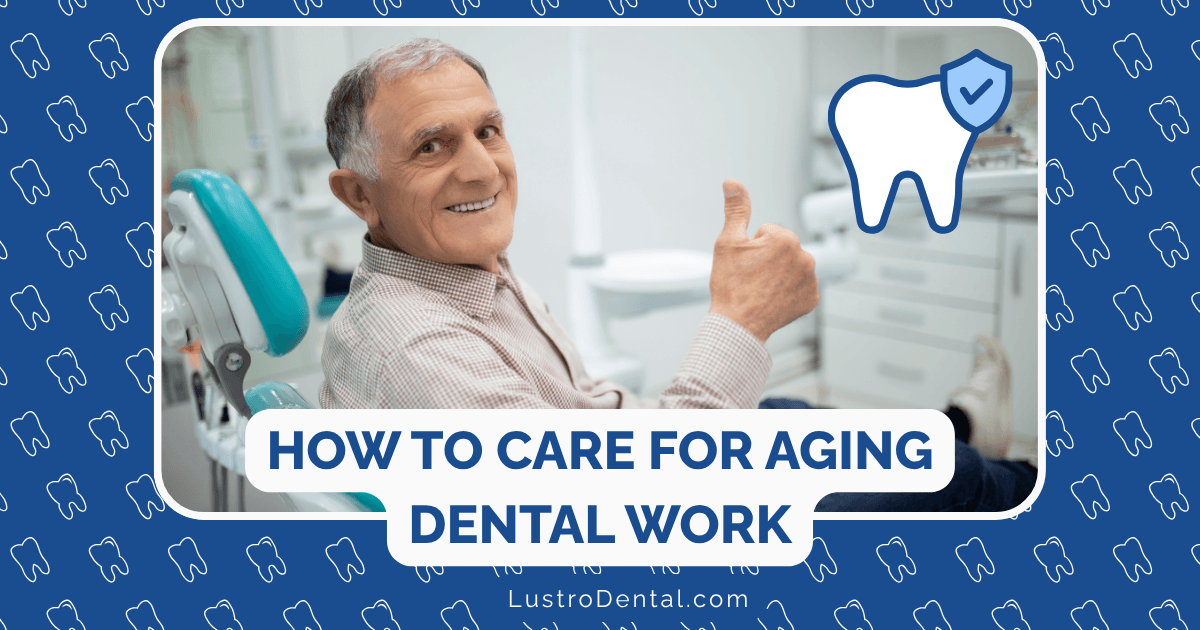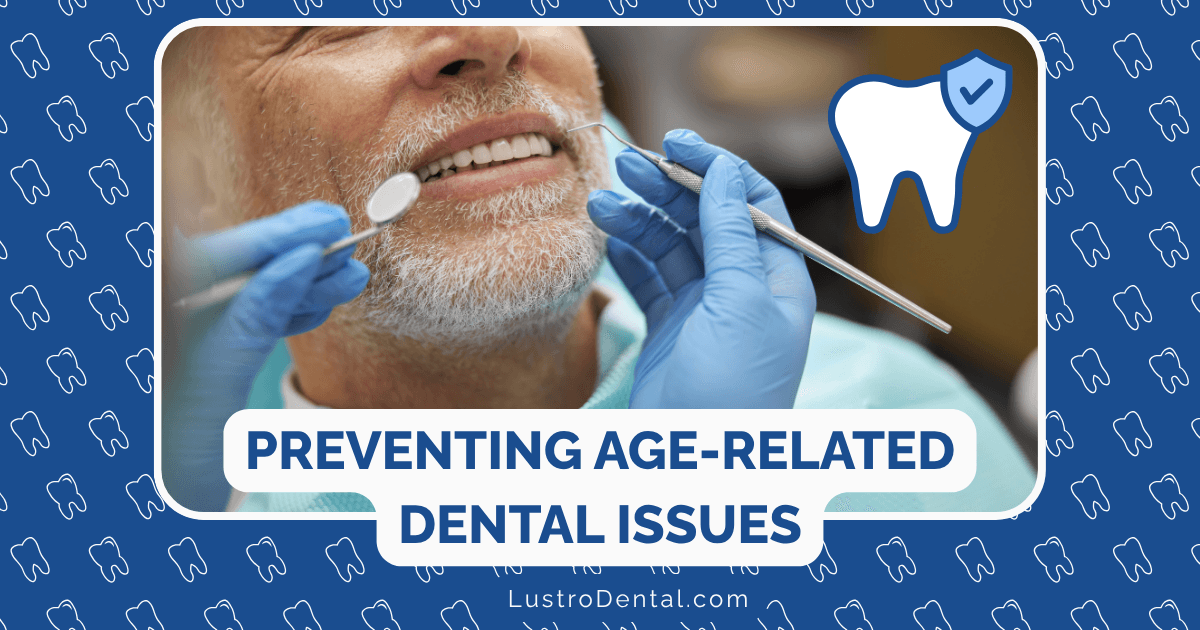First Trimester Dental Considerations: Safety and Timing
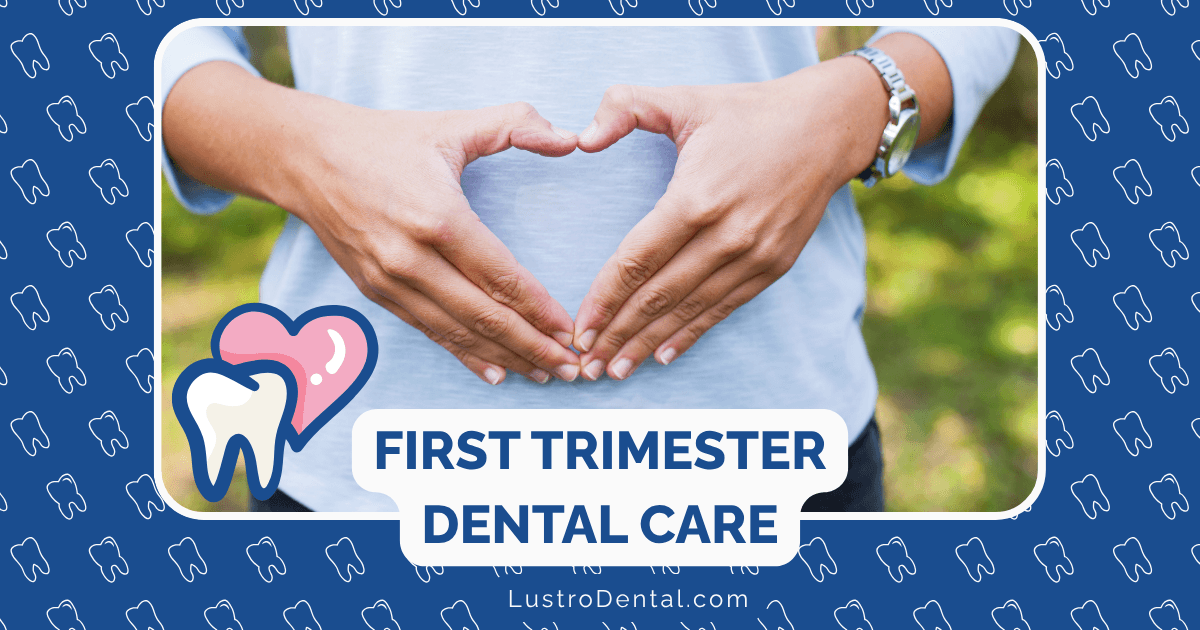
That positive pregnancy test brings a whirlwind of emotions and a seemingly endless list of do’s and don’ts. Between dodging certain foods and calculating due dates, dental care often falls to the bottom of the priority list. But should it?
As someone who once postponed a much-needed dental cleaning until my second trimester (spoiler alert: not my wisest move), I’ve learned that dental health during pregnancy deserves more attention than most of us give it.
The First Trimester Dental Dilemma
The first 12 weeks of pregnancy represent a critical period of development for your baby. It’s no wonder many expectant mothers question whether sitting in the dentist’s chair is safe during this time.
“I was terrified to get my cavity filled during my first trimester,” shares Melissa, a first-time mom from Boston. “I kept thinking about the anesthesia, the X-rays, and whether any of it could harm my baby.”
Melissa’s concerns echo those of countless pregnant women. But what does the science actually tell us?
The Truth About First Trimester Dental Work
Contrary to persistent myths, most dental procedures are considered safe throughout pregnancy, including the first trimester. According to the American Dental Association, “preventive, diagnostic, and restorative dental treatment is safe throughout pregnancy.”
Let’s break down what this means for specific dental situations:
Routine Cleanings
Not only are dental cleanings safe during your first trimester, but they’re highly recommended. Pregnancy hormones can increase your risk of developing gingivitis and periodontal disease, which have been linked to preterm birth and low birth weight babies.
A professional cleaning every six months helps prevent these conditions and keeps your oral health in check when your body is more vulnerable to dental issues.
Dental X-Rays
The thought of radiation exposure during pregnancy understandably raises concerns. However, the American College of Obstetricians and Gynecologists confirms that dental X-rays with proper shielding (lead aprons over the abdomen and thyroid) pose minimal risk to your developing baby.
The radiation exposure from dental X-rays is extremely low—in fact, you receive more radiation from natural environmental sources in a typical day than from a dental X-ray.
That said, many dentists prefer to postpone non-urgent X-rays until after pregnancy, simply as an extra precaution.
Fillings and Root Canals
Untreated dental infections can pose more risk to your pregnancy than the treatment itself. Local anesthetics containing lidocaine with epinephrine—commonly used for fillings, root canals, and extractions—are classified as Category B medications, meaning they haven’t shown evidence of risk during pregnancy.
According to Michigan Medicine, “Local anesthesia and many antibiotics used in dental procedures are considered safe during pregnancy.”
What to Avoid
While most dental work is safe, a few procedures and medications warrant caution:
- Nitrous oxide (laughing gas): Most dental professionals recommend avoiding this during the first trimester. If absolutely necessary after the first trimester, consult with your obstetrician first.
- Tetracycline antibiotics: These should never be used during pregnancy as they can affect fetal bone growth and cause tooth discoloration.
- Elective cosmetic procedures: Teeth whitening and other purely cosmetic treatments are generally best postponed until after delivery.
Optimal Timing: When Should You Schedule Dental Work?
While emergency dental care should never be postponed regardless of your pregnancy stage, there is an ideal window for non-emergency treatments.
The second trimester (weeks 13-26) is widely considered the sweet spot for dental work. By this time:
- Morning sickness has typically subsided
- The risk of spontaneous abortion is lower than in the first trimester
- You’re not yet dealing with the physical discomfort of the third trimester
- The major organ systems of your baby have already formed
As noted by dental health experts at DentalRx, “The second trimester is the most appropriate time for various dental treatments, including tooth extraction and root canal treatment.”
First Trimester Dental Care: Best Practices
If you’re in your first trimester, here’s how to approach dental care:
- Inform your dentist about your pregnancy: This allows them to make informed decisions about your treatment plan.
- Don’t skip your regular check-up: Preventive care is especially important now.
- Address emergencies promptly: Dental infections can spread and potentially affect your pregnancy if left untreated.
- Maintain rigorous home care: Brush twice daily with fluoride toothpaste, floss daily, and consider using an alcohol-free antimicrobial mouthwash.
- Watch your diet: Limit sugary snacks and acidic foods that can contribute to tooth decay.
- Stay hydrated: Drinking plenty of water helps maintain saliva production, which naturally protects your teeth.
Beyond the First Trimester
The March of Dimes recommends dental check-ups throughout pregnancy as part of comprehensive prenatal care. Research has shown that 60-75% of pregnant women experience gingivitis due to hormonal changes, making consistent dental care crucial.
As your pregnancy progresses, continue to prioritize your oral health. The connection between maternal oral health and pregnancy outcomes is stronger than many realize—women with periodontal disease are 7.5 times more likely to have preterm, low-birth-weight infants.
The Bottom Line
While the first trimester comes with many cautions and considerations, necessary dental care shouldn’t be among the things you avoid. The potential risks of untreated dental issues far outweigh the minimal risks associated with standard dental procedures.
Remember: your oral health is an important component of your overall health, which directly impacts your baby’s development. When in doubt, consult with both your dentist and obstetrician to create a dental care plan that keeps both you and your baby safe throughout your pregnancy journey.
Have you had dental work during your first trimester? Share your experience in the comments below!


